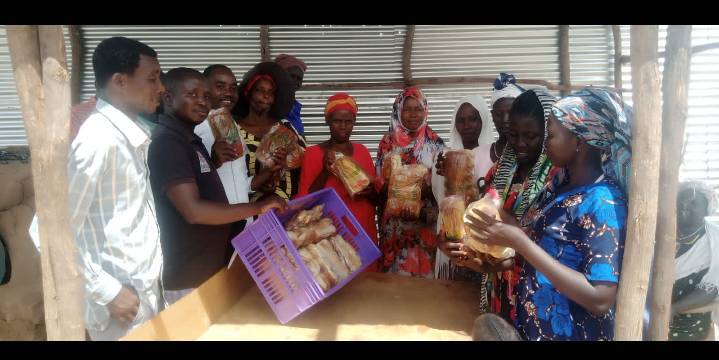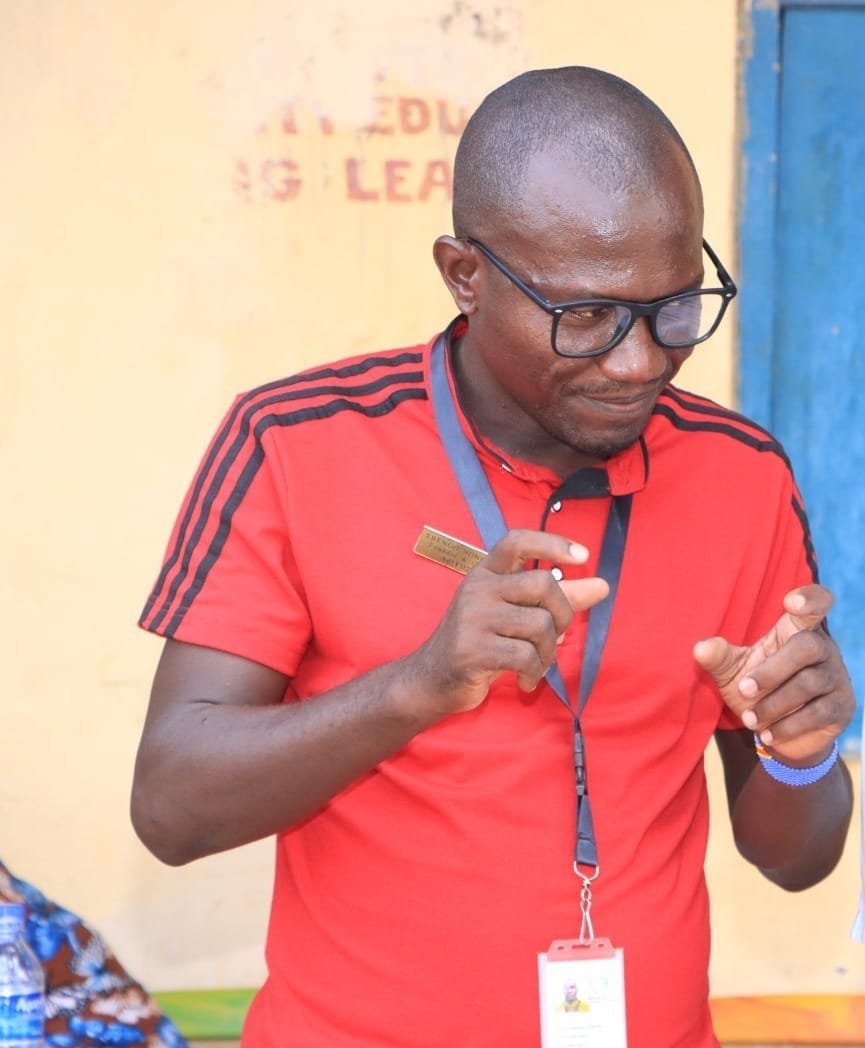
Series: Part II of IV
Example of Social Impact Entrepreneurship: Baking Prosperity in Kakuma -A Scalable Investment
Kakuma, once solely a refugee camp, is evolving into a dynamic urban center with a burgeoning informal economy exceeding KSh 6 billion, or USD 500 million annually[1]. One example is Saint Salima Ventures: they have established a bakery, a mini factory that not only feeds 150 students but also employs 15 refugees, producing 250 loaves weekly. The bakery factory will stand as a potential source of employment.
Launched with an initial $15,000 investment, the bakery school aims to create a sustainable, profitable solution to hunger. With a $1 million investment, it could scale dramatically, producing enough to feed up to 200,000 people weekly in the refugee settlement.
This initiative aligns with the Kakuma Kalobeyei Challenge Fund's objectives, which have already facilitated over 300 jobs and enhanced services for 70,000 individuals[2]. It also aligns with refugee-led social enterprise initiatives such as Glap Enterprise, Saint Salima Ventures, Kakuma Ventures, Bee Keeping project, Vijana Twaweza, etc.
Moreover, success stories like Saint Salima Ventures' making fresh breads and supplying them to different B2B and B2C industries illustrate the potential of such enterprises.
Investors can make a tangible impact, fostering economic growth and self-reliance of Kakuma and Kalobeyei during this transition. For a durable solution, the bakery business would provide affordable and accessible products to the newly designated Kakuma and Kalobeyei municipalities.
INVESTMENT RETURN and IMPACT
The transition of Kakuma refugee and Kalobeyei settlement camps to Kakuma and Kalobeyei municipalities offers a unique opportunity for investors to engage in businesses that yield both desired financial returns and needed social dividends. Investing in commercial ventures can contribute to economic growth, job creation, and wealth generation while realizing profitable returns on their investments. A solid financial return and powerful social impact are possible.
Investors can channel their capital towards projects that deliver positive social and environmental outcomes in the desert of Kakuma municipality. They can also support sustainable initiatives, including renewable energy solutions that power education and healthcare in underserved communities.
The timing is perfect to invest in refugees and with them.
It’s time to channel resources into Kakuma and Kalobeyei, not as aid, but as opportunity.
It’s time to recognize the untapped potential in refugee communities—and trust them to lead the way forward.
Together, let’s build the change we need to see!

Connect with Ebengo Honore on LinkedIn https://www.linkedin.com/in/ebengo-honore/ and Facebook https://www.facebook.com/EbengHohonore
Sources: [1] https://apnews.com/article/kenya-refugees-kakuma-permanent-city Published by ADRIAN BLOMFIELD in WORLD NEWS in 2025
[1] https://www.capitalfm.co.ke/business/2018/05/kakuma-refugee-camp-consumer-market-worth-sh6b-ifc-study ( Published by Capital Business)
[2] https://www.kfw-entwicklungsbank.de/SDG-portal/SDG-8/Kakuma ( Published by KFW)
Editor: Wendy S. Huffman


